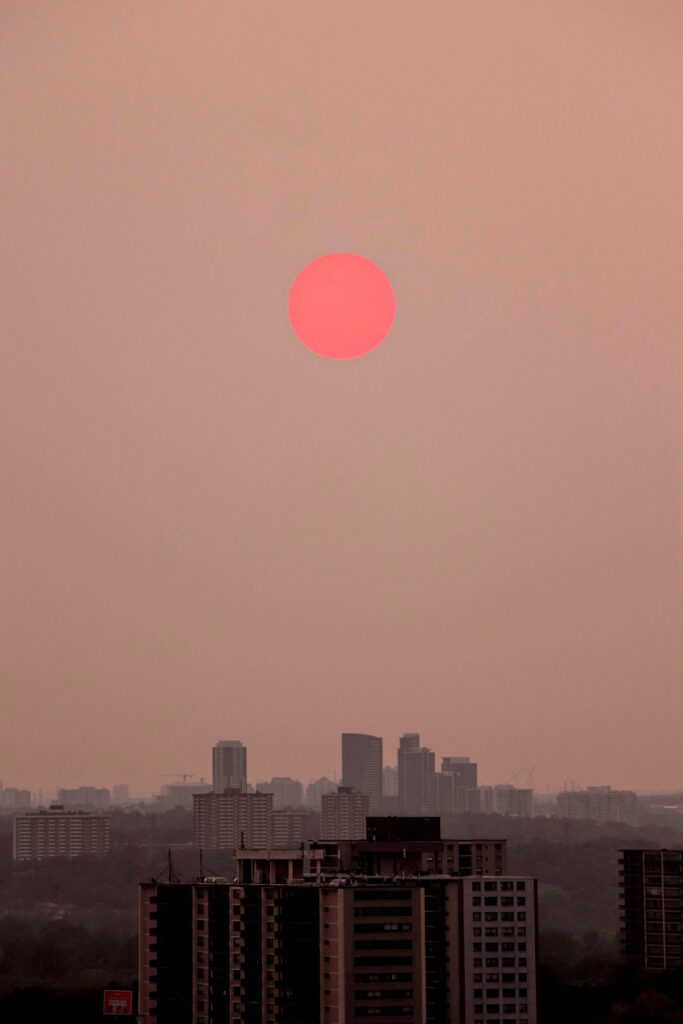Fall 2023 Newsletter

Hi all
We're running this digest since the global pandemic hit in March 2020. You can find previous newsletters on the UPDigest page.
When looking back, it seems that each iteration of the digest has been framed around some major crisis. The evocation of such crises has certainly to do with our work as public sociologists. As engaged scholars, artists, activists, and civic actors, we work to enable social chance and social justice, we respond to things that happen around us.
This work can feel overwhelming at times, given the intersecting horizons of uncertain climate futures, raging wars, forced migrations, hunger & poverty, economic greed, and the radicalization of nationalist politics around the globe that threatens movements for democracy and global solidarity. The impact and perception of such crises differs, depending from what location, perspective, and historical experience we frame it.
The horizon of crises has its pitfalls, since it evokes a history of cataclysmic events that can make a person feel numb, incapacitated, powerless against forces that seem out of control. Seeing major events through the lens of crises is also seductive. Media images captivate us, but not necessarily motivate us to action. Crises representations often occlude the structural forces and long-term processes that have caused these events in the first place. The lens shifts from one crisis to the next, we don't see the before, we don't fully comprehend the aftermath. We are given very partial accounts that prioritize perspectives of the West. Crisis representations feed into our binge-watch mentality.
Just a few days ago, climate scientists have issued a new report, based on sophisticated computing models, grounded in newest data, that shows our planet to have crossed six out of nine critical thresholds of sustainability. This is real. And perhaps this is the magnified 'crisis' that we face in a post-Holocene world.
However, while climate change is real and the future is uncertain, it is precisely this uncertainty that is an invitation to act. Uncertainty invites our intention to steer change in the right direction. Sociologically speaking, we need to also ask from what vantage point, with what specific geopolitical and material landscape in mind, with what concrete scenario of climate injustice are people grappling with.
And in terms of cultural sociology, we need stories that help us to act (now) and they must differ from just repeating that there are major crises that seem to affect everybody in similar ways. They clearly don't. We must be more imaginative. As sociologists it means, it is us who can mobilize, shift frames, enable action, form new alliances, create pathways for change. Use a critical and global perspective.
So welcome back to another year of learning and creating such pathways!
In this digest: welcome to new people, farewell to Jackie, our longstanding administrative coordinator and soul of this department, invitations to participate in a march for the land, the sociology annual lecture, and our book club: pick a read from recommendations by your profs.
Wishing you all well in this fall season.
Michael Nijhawan, for the Sociology team.
